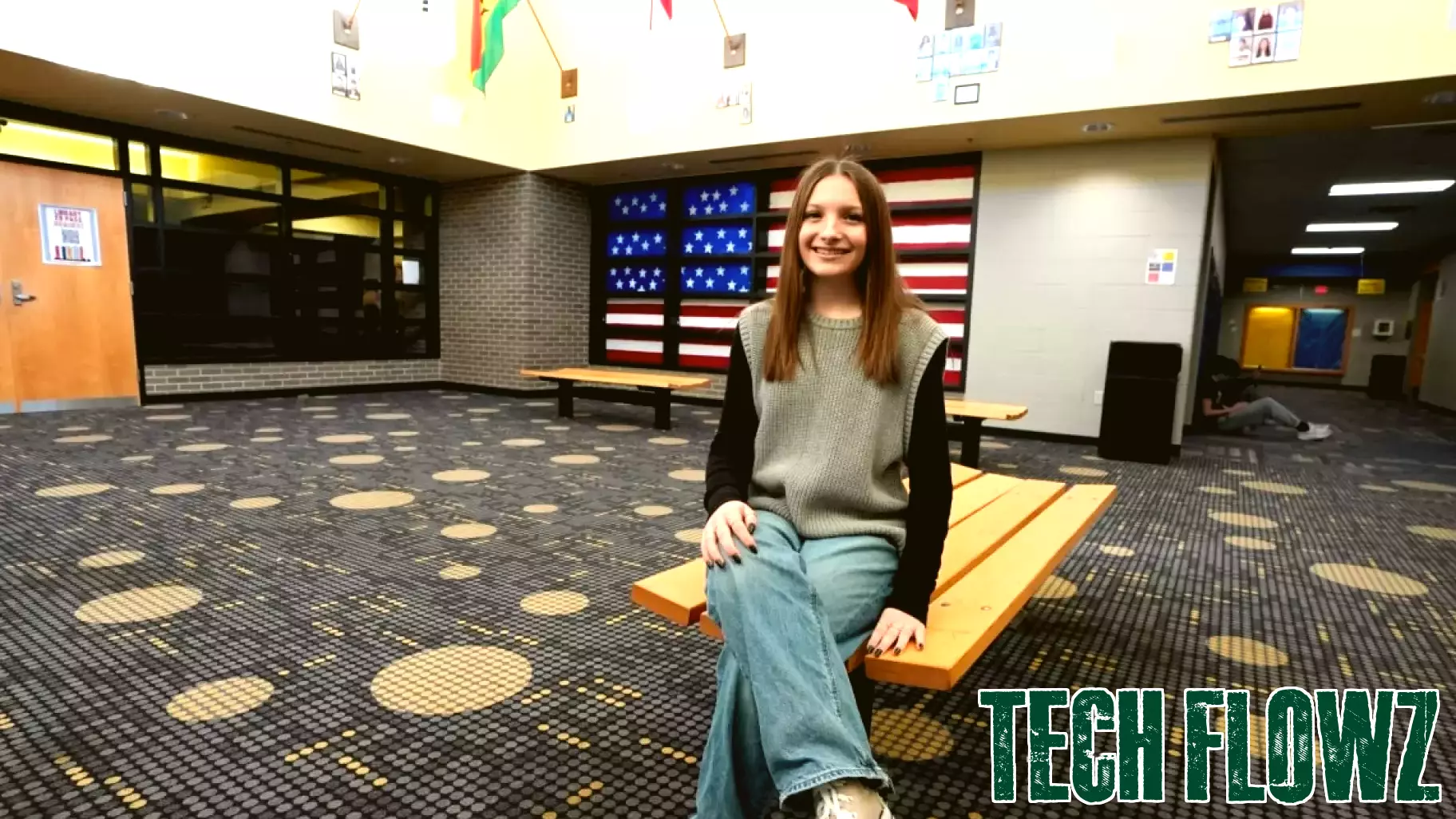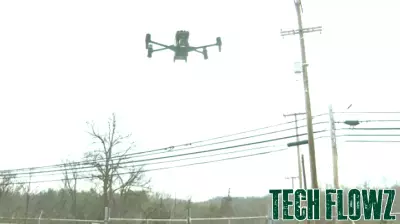AI Technology Empowers Students with Disabilities
January 15, 2025 - 03:56

Artificial intelligence (AI) is making significant strides in enhancing the educational experience for students with disabilities, particularly those facing challenges related to visual, speech, language, and hearing impairments. Schools across the United States are actively exploring innovative methods to integrate AI into their curricula, aiming to provide tailored support that meets the diverse needs of these students.
Educators are experimenting with various AI-driven applications that can assist in communication, learning, and overall engagement in the classroom. For instance, speech recognition software helps students with speech impairments articulate their thoughts more clearly, while AI-powered tools can convert text to speech for those with visual challenges. Additionally, language processing applications are being used to facilitate better understanding and interaction for students with language disabilities.
As these technologies evolve, they promise to enhance accessibility and inclusivity within educational environments, empowering students with disabilities to thrive academically and socially. The ongoing development and implementation of AI in schools signify a progressive step towards a more equitable education system for all learners.
MORE NEWS

February 22, 2026 - 13:40
Nine-kilometre outback goat trap catching thousands and paying for itselfA remarkable nine-kilometre fence, dubbed a `goat trap,` is delivering extraordinary results on a remote Australian station, capturing thousands of feral animals and already recouping its cost....

February 21, 2026 - 04:06
The Hidden Danger in Your Voice: Protecting Identity in the Age of AIThe unique sound of your voice may be a growing privacy liability. New research indicates that the countless personal cues embedded in speech are becoming increasingly vulnerable to exploitation by...

February 20, 2026 - 22:50
A Digital Divide Emerges in the Restaurant ExperienceA new industry report highlights a significant perception gap between restaurant operators and their customers regarding the impact of technology. While many businesses are investing heavily in...

February 20, 2026 - 11:03
Milton company partners with VA company to promote drone technologyA new partnership is taking flight to advance the future of unmanned aerial systems. Appalachian Unified Aerospace, based in Milton, has announced a strategic collaboration with MITRE, a...